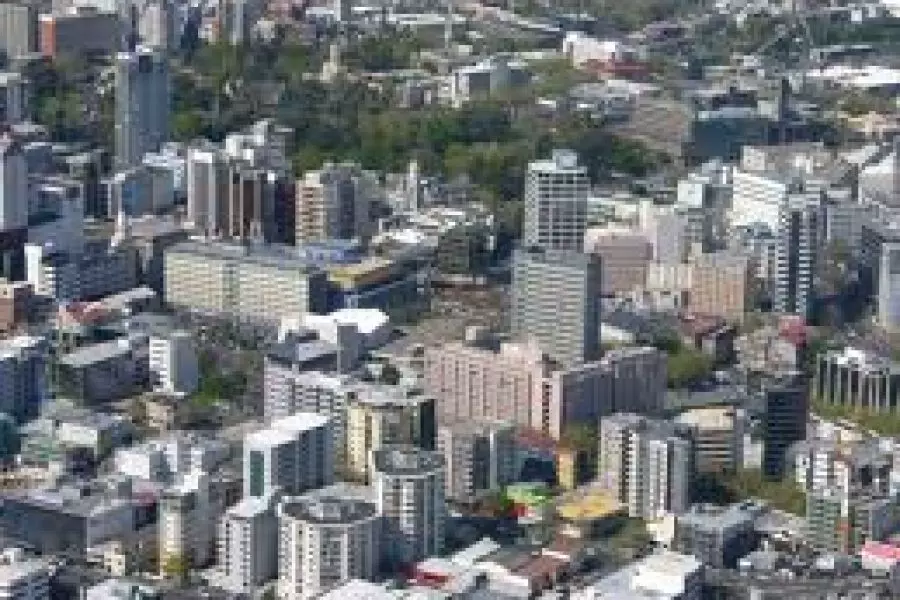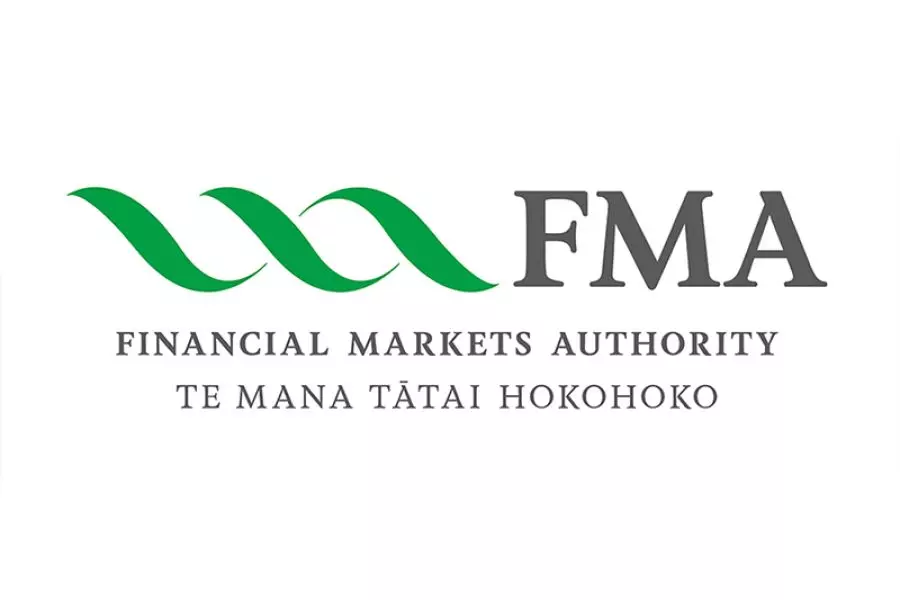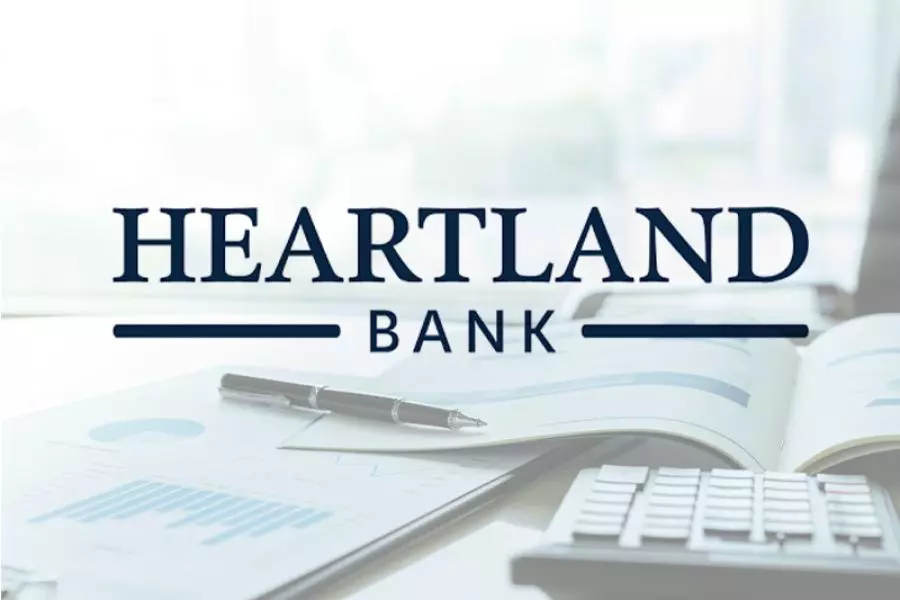News
What could intensification mean for investors?

Tuesday 18th of August 2015
Prepared for the Auckland Council, The Impact of Intensification on Auckland Housing Valuations suggests that intensification under the Unitary Plan might be a factor supporting Auckland’s high housing prices.
NZIER senior economist Christina Leung said the potential for intensification of the land means it is worth more, given greater future income streams under intensif...
Want to read the full article?
Click the button below to subscribe and will have unlimited access to full article and all other articles on the site.









![[The Wrap] Bye Bye Bayly](https://goodreturns.publit.io/file/c_fill,w_900,h_600/39f23ac1-f7c7-4854-b700-a150004ebbac.webp)